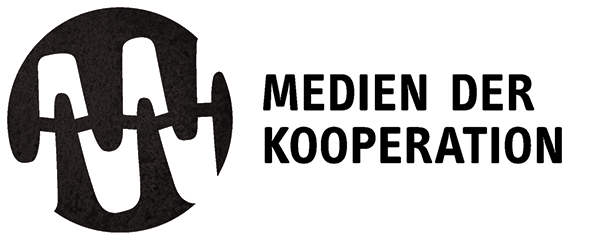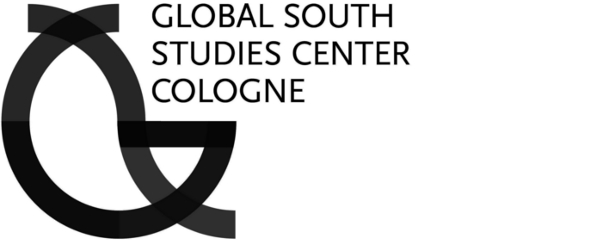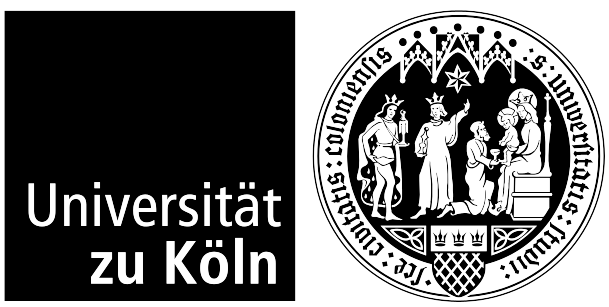About DCNtR:
DECOLONIZING COLLECTIONS – NETWORKING TOWARDS RELATIONALITY
Decolonizing – This blog is aimed at decentering the debate on colonial and ethnographic collections, archives, and museums. Its goal is to rethink colonial knowledges and dominant epistemic practices in an attempt to undo them. We seek to destabilize center-periphery divisions by providing a platform for diverse voices from various backgrounds, provincializing taken-for-granted assumptions in museums and by reaching out to new publics. We invite indigenous stakeholders, local experts, postcolonial activists, artists, museum practitioners, and scholars from different disciplines and regions to contribute.
Collections – In recent years, colonial collections and the ethnographic museum’s colonial past have increasingly taken center stage in the momentous debate on Europe’s colonial legacies. The traces of colonial violence, which have been silenced or ignored for a long time, are reemerging in today’s post-migrant societies and globalized world. This reemergence is shaking the grounds of the museum as a space where culture is canonized, where belonging and non-belonging are debated, and where national identity has been formed via the exclusion of the “Other”. Curators are forced to radically rethink former representational logics and to expand their practice from caretaker and specialist to activator and provider of objects, confronted with new groups of actors claiming another politics of memory, the return of objects, as well as an equal share in representational politics and administering the collections. These shifts and their consequences emphasize the immense potential of artefacts in representing past and current issues and in creating forms of mutual memory. Beyond long established classifications in museum work, artefacts are enmeshed in relationships with other objects and persons and harbor the chance to be agents in attempts to reconcile and repair and to create new meanings when returned or (re-)connected to diasporic and cosmopolitan networks.
Networking – Acknowledging our mutual global interdependence appears crucial in times of rising nationalism and fragmenting globalization. The blog aims to counteract Eurocentric and nationalized perspectives and the re-emergence of neo-colonial patterns, foster intercontinental knowledge transfer, and give scope to different epistemic practices. We welcome reports on the development of collaborative research and curatorial practice at and between different locales and on the forging of new alliances and networks. How can we envision the interruption and alteration of existing power relations to establish more collaborative curatorships, and how may the structures and infrastructures of museums have to change to enable a symmetrical collaboration?
towards – Now that narratives of linear progress are increasingly being questioned, it becomes possible to look at (pre-)colonial pasts and postcolonial presents from different perspectives and to consider other models of time and world making. We want to use this historical moment of uncertainty and passage to invite people to think about different futures in which objects, places, and people (re-)connect beyond the frame of the conventional museum space. We welcome not only classical academic formats for our blog, but also all sorts of heterogenous experimental modes of conversation and expression.
Relationality – When Felwine Sarr and Bénédicte Savoy published their report on African Art Restitution in 2018, they demanded the permanent restitution of African objects from French collections and envisioned the reversal of existing power relations within the museum world. Starting from this notion of a “new relational ethic”, we welcome contributions that not only think about the obstacles, anxieties, and opportunities of restitution, but that also explore further implications for museums, community work, and the humanities in general. What does it mean to disrupt the routines and step away from individual authorship and curatorship and to allow for collaborative dynamics? What are the implications of fully committing ourselves to new forms of cooperation and diversity within the often hierarchical structure of museum institutions? How can we turn the systems of scientific reward upside down by acknowledging different ways of knowledge making?
The Backstory:
Going beyond Humboldt! – This blog started in 2017 under the name “How to Move on with Humboldt’s legacy? Rethinking ethnographic collections”. The blog responded to the heated debate over the construction of the “Humboldt Forum” in the center of Berlin. The anachronism of rebuilding a Prussian castle to house an imperial ethnographic collection in the capital of Germany was recognized, especially by diasporic communities, as an attempt to revive the triumphal gesture of a universal museum. Emphasizing the inappropriateness of the project in responding to the needs of a post-migrant and post-colonial society, the blog set out to provide a platform for a broader discussion about the Humboldt Forum and about the future of ethnographic collections in the German-speaking countries in general. While we think this initial moment has fostered an important debate, it has become increasingly clear that this conversation has to be expanded to allow for a broader cooperative exchange between the Global North and the Global South. The conference Museum Collections in Motion, held in Cologne in 2019, provided a fresh start by bringing together scholars, activists, artists, and museum experts from around the world and in particular from those communities that lost parts of their social, political, cultural, and aesthetic heritage under colonial occupation. Learning from our colleagues and collaborators, who generously shared their perspectives, knowledge, and visions on this blog, we want to signal the shift of our focus by renaming this blog DCNtR.
The editorial board welcomes comments, questions and suggestions for contributions to dcntr@boasblogs.org
Editorial Board:
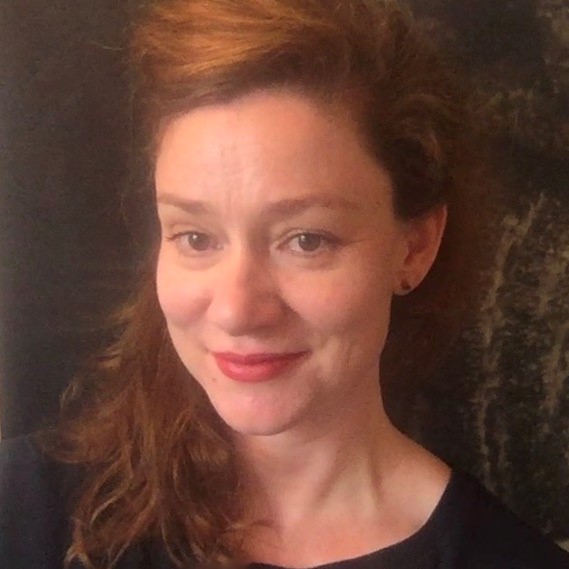
Anna Brus
Anna Brus is lecturer and research fellow at the art history department, University of Cologne. Her research focuses on the history of science in art history and anthropology, anthropological collections and exhibition practices, and the discourse on global art. From 2012 to 2016 she was a DFG fellow at the Locating Media Research Training Group of the University of Siegen with the project “Colonial Art in Symmetrical Perspective: Julius Lips and the Inversion of the Gaze”. She is currently guest curator at the Johann-Jacobs Museum in Zürich (exhibition title “Among Whites” 2020/21) and co-curated “Spectral-White. The Appearance of Colonial Europeans” at the HKW (Haus der Kulturen, 2019/20) in Berlin and “The Savage Hits Back. Colonial-Era Depictions of Europeans in the Lips Collection” at the Rautenstrauch-Joest-Museum – Cultures of the World in Cologne (2018).
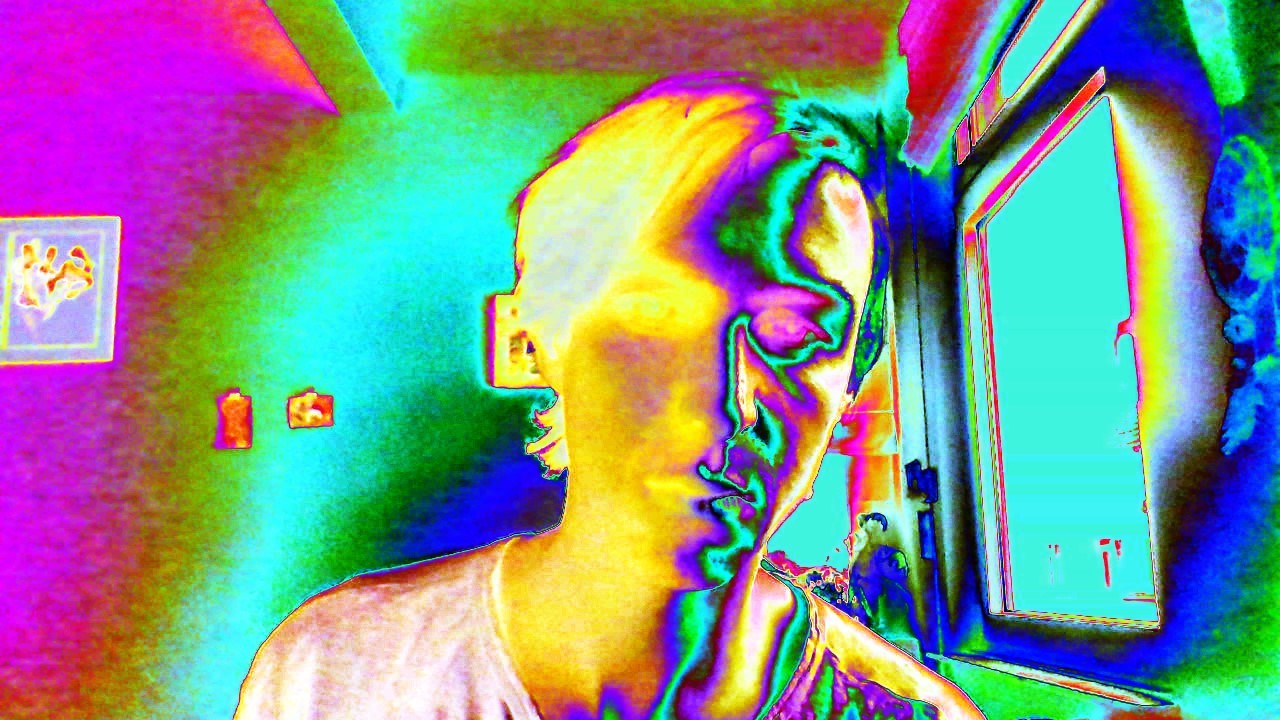
Carl Deussen
Carl Deussen studied Liberal Arts at University College Freiburg and Museum Studies at the University of Amsterdam. He is currently working on his PhD at the University of Amsterdam and holds a research position at the Rautenstrauch-Joest-Museum, Cologne. His research is directed at the politics of affection in colonial ethnography and decolonisation processes in the contemporary ethnographic museum.
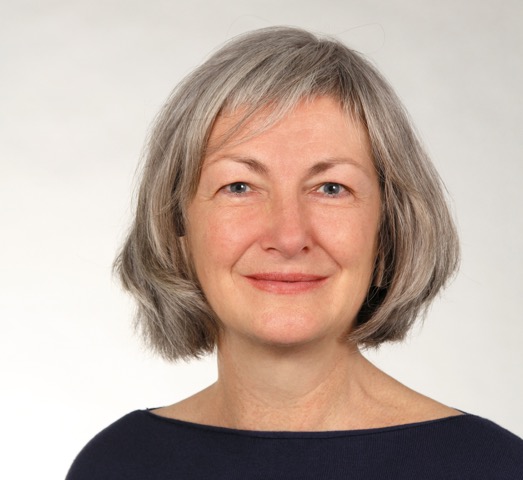
Michi Knecht
Michi Knecht holds a position as professor for Social Anthropology at Bremen University and is co-speaker of the interdisciplinary research platform “Worlds of Contradiction”. Her research focuses on interconnections between knowledge practices and social forms. At the intersections of Anthropology and STS, she has investigated reproductive technologies, political and religious movements, poverty, anonymity and new forms of kinship. Currently, she is trying to rethink problems of unrequited reciprocity in the context of object circulation under colonial rule and with post/colonial consequences, the history of object-extractivism, and post/colonial naturecultures.
Larissa Förster
Larissa Förster, PhD, is Head of the Department of Cultural Goods and Collections established in 2019 at the German Lost Art Foundation, and Associate Member of the Centre for Anthropological Research on Museums and Heritage at the Humboldt University, Berlin. She is a cultural and social anthropologist with a regional focus on Southern Africa and works on issues of postcolonial provenance and return with regard to artefacts and human remains. She co-edited „Museumsethnologie – Eine Einführung. Theorien – Praktiken – Debatten“ (2019) and „Provenienzforschung zu ethnografischen Sammlungen der Kolonialzeit. Positionen in der aktuellen Debatte“ (2018).
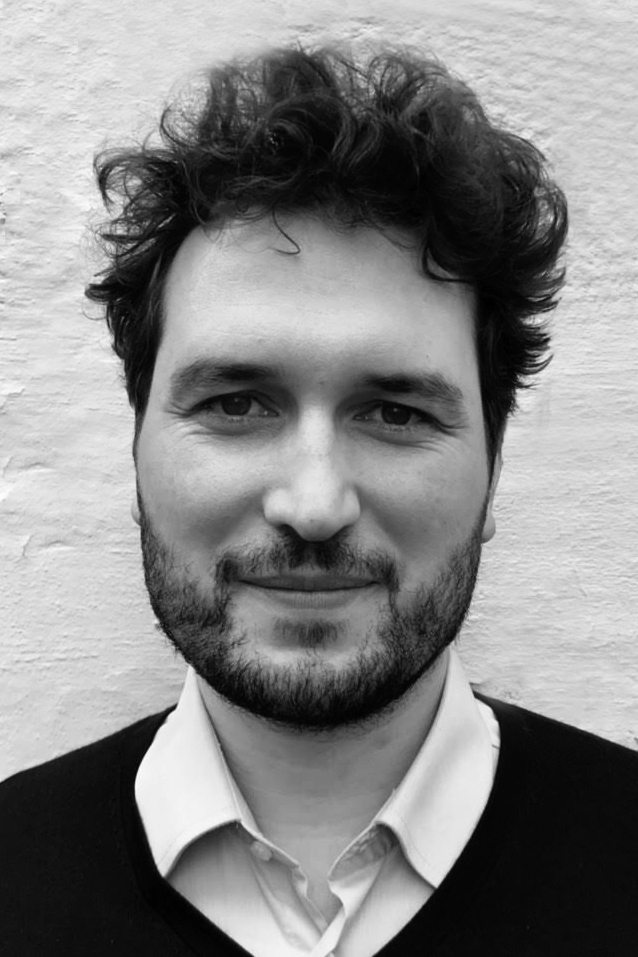
Gabriel Schimmeroth
Gabriel Schimmeroth works as a curator and project coordinator at the Museum am Rothenbaum – Kulturen und Künste der Welt (MARKK) in Hamburg. As part of the MARKK in Motion programme funded by the German Federal Cultural Foundation, he is responsible for the experimental exhibition and discourses space “Zwischenraum – A Space Between”.

Bernard Mueller
His research in anthropology and performance studies focuses on the processes of staging, whether it is a question of scenic devices (theatre, rituals, plastic arts, etc.), museum scenography or any situation that explicitly concerns a performance. He is particularly interested in research devices inspired by the ethnographic field, as they are developing today in but above all outside scientific institutions, especially in the arts. In association with the Institut für Ethnologie and the Rautenstrauch-Joest Museum in Cologne (Germany), he leads the teaching and research programme “Museum on the couch: creative and reflexive explorations of the ethnographic collections” since 2015. He is an associate member of the l’Institut de Recherche Interdisciplinaire sur les enjeux sociaux (IRIS, EHESS, Paris) and coordinates the activities of CURIO (www.curioweb.org), a space for research in anthropology through art, and chairs the Ouvroir d’Anthropologie Potentielle. Since 2020, he has been teaching anthropology at the Ecole Supérieure d’Art d’Avignon (ESAA).
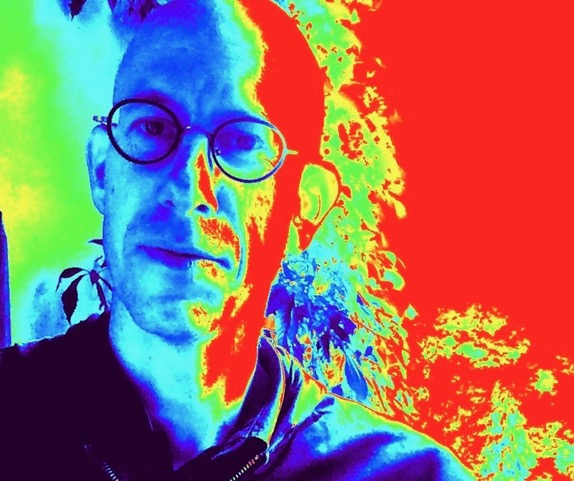
Ehler Voss
Ehler Voss is an anthropologist working on the interferences of medicine, media and religion. He is currently visiting professor at the Department of Anthropology and Cultural Research at the University of Bremen.
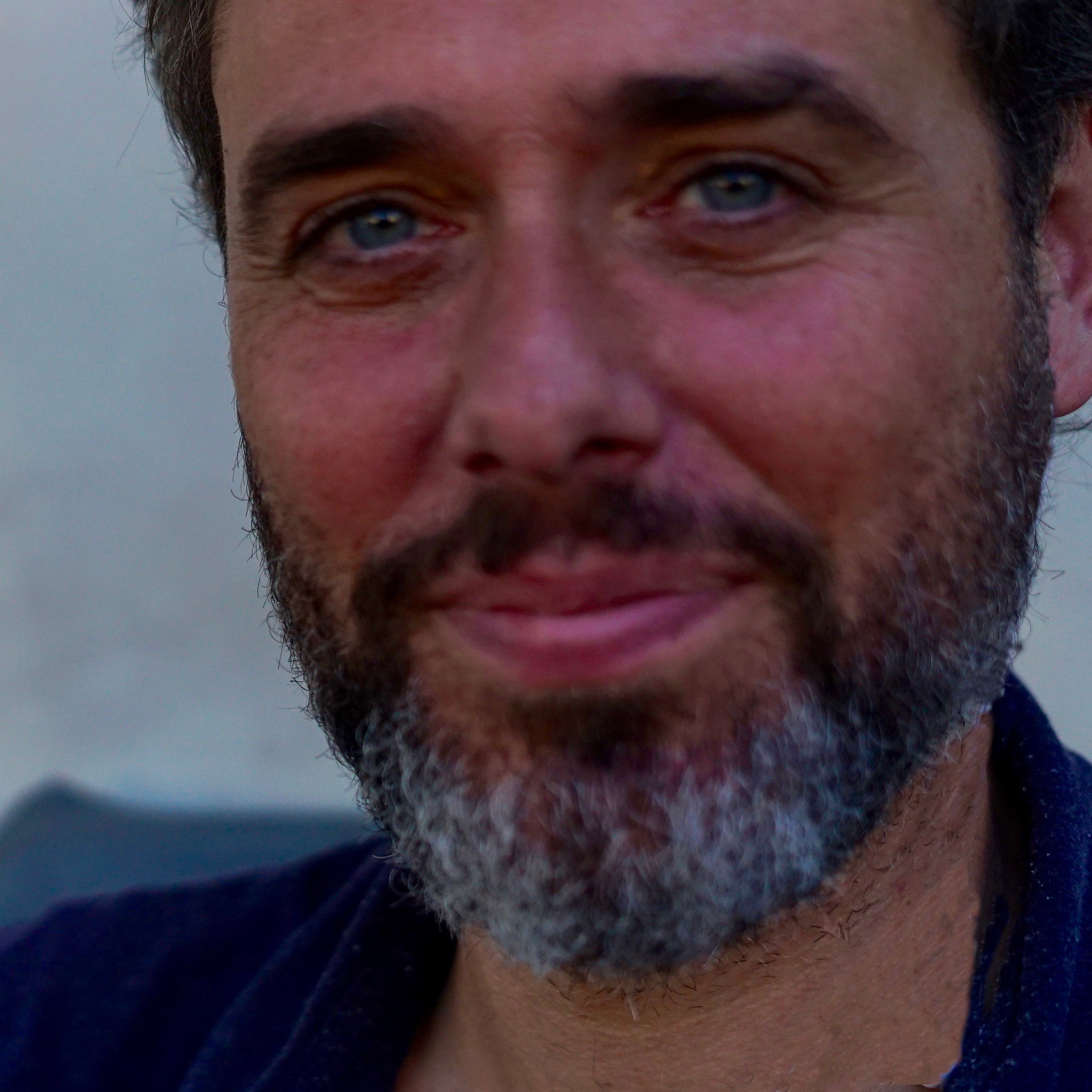
Martin Zillinger
Martin Zillinger is Professor of Anthropology at the Department for Social and Cultural Anthropology, University of Cologne. He is interested in the history of anthropology (Mauss-Werkstatt), the study of media and practice theory. Principal Investigator at the Collaborative Research Center 1187 “Media of Co-operation” and the CRC 228 “Future Rural Africa”, he is also board member of the Global South Studies Center, Cologne. Working on new media and trance mediums since 2003, he has, together with the film maker and curator Anja Dreschke, collaborated with Sufi-brotherhoods on their video archives and trance practices for the exhibition “Animism” at the Museum of Contemporary Art, Antwerp (2010), and the HKW, Berlin (2012).
Former Board Members:
Verena Rodatus (2017-2019)

